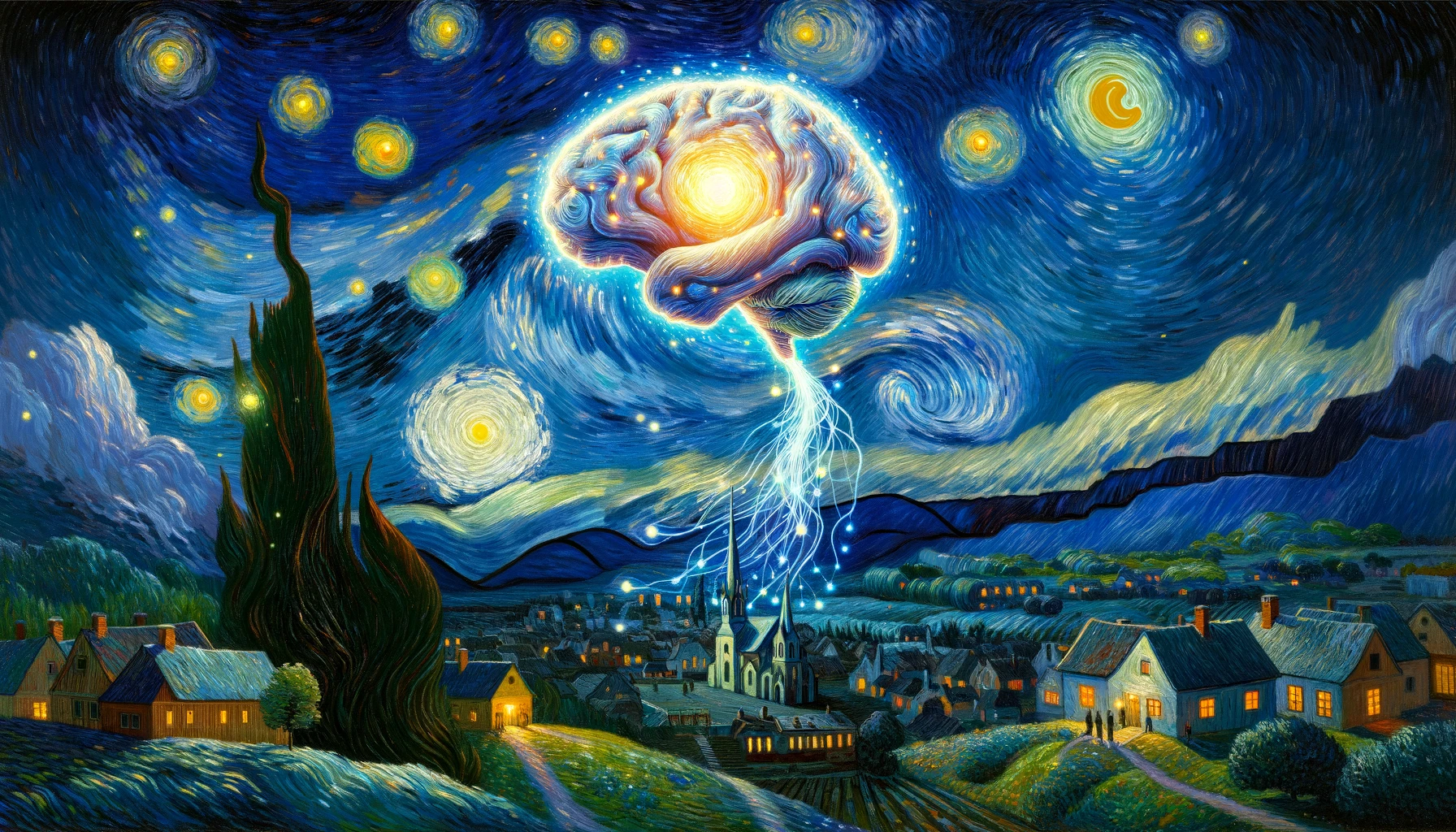The Rise of AI: Implications for the Media Production Industry
In the whirlwind of technological advancement, the emergence of Artificial Intelligence (AI) stands out as a pivotal revolution, reshaping industries far and wide. Among these, the media production industry is at the forefront, experiencing transformative changes that promise both exhilarating opportunities and unprecedented challenges. As AI continues to evolve, its integration into media production heralds a new era of creativity, efficiency, and personalization, but also raises questions about authenticity, ethics, and employment. Let’s delve into the implications of AI’s rise for the media production industry, exploring its impact on content creation, distribution, and consumption.
Content Creation: A New Horizon
Automated Storytelling and Scriptwriting
AI’s ability to analyze vast datasets and generate content has led to the development of automated storytelling and scriptwriting tools. These AI algorithms can produce creative writing, from news articles to movie scripts, by learning from a vast corpus of existing texts. This innovation not only accelerates the content creation process but also offers new perspectives and ideas, potentially enhancing creativity and diversity in storytelling.
Enhanced Visual Effects and Animation
In the realm of visual effects and animation, AI algorithms are revolutionizing the way scenes are designed and animated. By automating labor-intensive tasks, such as rotoscoping and 3D modeling, AI allows for more complex and detailed visual effects to be created with fewer resources and in less time. Additionally, AI-driven animation tools can generate lifelike movements and expressions, pushing the boundaries of realism in digital characters.
Personalized Content Production
AI’s data analysis capabilities enable the production of highly personalized content, tailoring media experiences to individual preferences and behaviors. From customized news feeds to personalized movie recommendations, AI systems can analyze user data to deliver content that resonates with each viewer’s unique tastes and interests, enhancing engagement and satisfaction.
Distribution: Bridging Content and Consumers
Targeted Advertising and Marketing
AI technologies are transforming the way media products are marketed and advertised. By analyzing consumer data, AI algorithms can identify target audiences and optimize ad placements, ensuring that marketing efforts reach the most receptive viewers. This not only increases the effectiveness of advertising campaigns but also enhances the user experience by minimizing irrelevant ad exposure.
Streamlining Content Delivery Networks
AI plays a crucial role in optimizing content delivery networks (CDNs), ensuring seamless access to media content across the globe. By predicting traffic patterns and analyzing user behavior, AI can allocate resources efficiently, reducing buffering times and improving the quality of service for streaming platforms and online media outlets.
Enhancing Discovery and Recommendation Systems
AI-powered recommendation systems have become a staple in media consumption, guiding users through the vast landscape of available content. By analyzing viewing habits and preferences, these systems can suggest movies, TV shows, and articles that align with individual interests, significantly enhancing the discovery process and keeping viewers engaged.
Consumption: Shaping the Viewer Experience
Interactive and Immersive Experiences
AI is at the heart of creating interactive and immersive media experiences, such as virtual reality (VR) and augmented reality (AR). By understanding and responding to user interactions, AI can create dynamic narratives and environments that adjust in real-time, offering a level of engagement and immersion previously unimaginable.
Ethical Considerations and Authenticity
As AI-generated content becomes more prevalent, questions of authenticity and ethics come to the forefront. The ability of AI to create deepfakes or generate fake news poses significant challenges, necessitating the development of ethical guidelines and verification mechanisms to ensure the integrity of media content.
The Future of Employment in Media Production
The automation of certain tasks by AI raises concerns about the future of employment in the media production industry. While AI can enhance efficiency and creativity, it also prompts a reevaluation of human roles and skills, highlighting the need for adaptation and lifelong learning in the digital age.
Navigating the AI Revolution
The rise of AI in the media production industry marks a turning point, offering unprecedented opportunities to innovate and personalize content, while also presenting challenges that must be carefully navigated. As we move forward, balancing the benefits of AI with ethical considerations and the human touch will be crucial in harnessing the full potential of this technological revolution. In this dynamic landscape, the future of media production is not just about adopting AI but evolving with it, ensuring that technology enhances rather than replaces the creative spirit that drives the industry.


